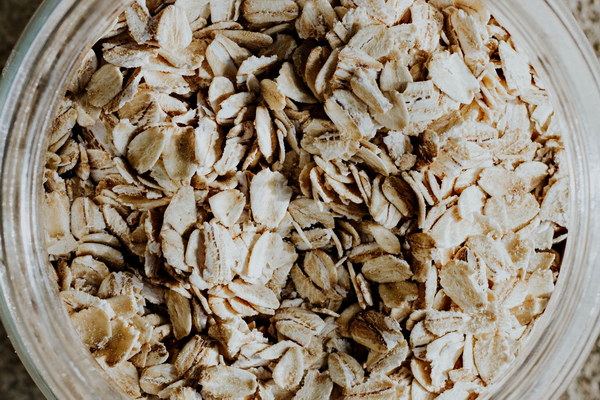Caring for Your Health Essential Tips for Kidney Failure Patients
Living with kidney failure can be challenging, but with the right care and lifestyle adjustments, patients can lead fulfilling lives. Kidney failure, also known as chronic kidney disease (CKD), affects the way your kidneys filter waste and excess fluid from your blood. To maintain a healthy lifestyle and manage kidney failure effectively, here are some essential tips for kidney failure patients.
1. Follow a balanced diet
A well-balanced diet is crucial for kidney failure patients. It is important to consume a diet low in sodium, potassium, and phosphorus, as these can accumulate in the body and worsen kidney damage. A renal dietitian can help create a personalized meal plan that meets your nutritional needs and restrictions. Some key points to consider include:
- Limiting protein intake: Consuming excessive protein can strain the kidneys, so it is important to choose high-quality protein sources such as lean meats, fish, poultry, eggs, and dairy products in moderation.

- Controlling fluid intake: Depending on the stage of kidney failure, you may need to limit fluid intake to prevent swelling and high blood pressure.
- Avoiding high-potassium foods: Foods high in potassium, such as bananas, oranges, potatoes, and tomatoes, should be consumed in moderation.
- Reducing phosphorus intake: Phosphorus can build up in the blood, so it's important to avoid high-phosphorus foods such as dairy products, processed meats, and soda.
2. Stay hydrated
Proper hydration is essential for kidney failure patients. It helps maintain blood pressure and kidney function. However, excessive fluid intake can lead to swelling and increased workload on the kidneys. Consult with your healthcare provider to determine the appropriate amount of fluid intake for your condition.
3. Exercise regularly
Regular physical activity is beneficial for kidney failure patients, as it can help manage weight, improve cardiovascular health, and increase overall well-being. Aim for at least 150 minutes of moderate-intensity aerobic exercise or 75 minutes of vigorous-intensity aerobic exercise each week, along with muscle-strengthening activities on two or more days per week.
4. Manage blood pressure and cholesterol levels
High blood pressure and high cholesterol are common complications of kidney failure. These conditions can exacerbate kidney damage and increase the risk of cardiovascular disease. Work with your healthcare provider to manage these risk factors through lifestyle changes, medication, or a combination of both.
5. Get regular check-ups
Regular follow-up appointments with your healthcare provider are crucial for monitoring your kidney function and overall health. During these visits, your doctor may order blood and urine tests to assess your kidney function, blood pressure, and other important parameters.
6. Avoid smoking and excessive alcohol consumption
Smoking and excessive alcohol consumption can worsen kidney damage and increase the risk of cardiovascular disease. Quitting smoking and limiting alcohol intake can improve your overall health and help manage kidney failure.
7. Manage stress and depression
Stress and depression can negatively impact your quality of life and worsen kidney function. Seek support from friends, family, and healthcare professionals to help manage stress and depression. Consider joining a support group or seeking counseling services.
In conclusion, kidney failure patients can maintain a healthy lifestyle and manage their condition effectively by following these essential tips. It is crucial to work closely with your healthcare provider to create a personalized treatment plan and lifestyle adjustments that meet your unique needs. By taking these steps, you can improve your quality of life and reduce the risk of complications associated with kidney failure.









